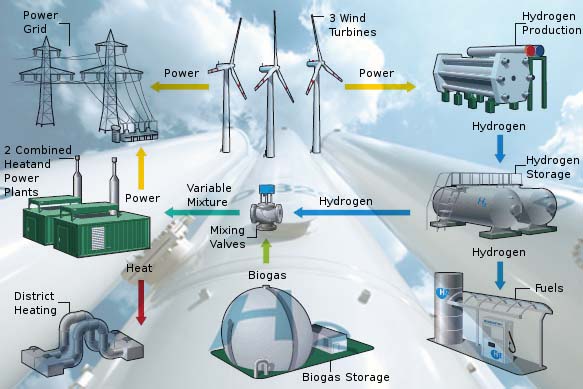Hydrogen Purification and Production

Hydrogen gas is generated from multiple different ways and is typically produced mixed with extraneous matter. Two of the most typical ways to create hydrogen are chemical synthesis by steam reforming of natural gas, partial oxidation of methane, and gasification processing where hydrogen gas is produced as a by-product, and petrochemical applications such as hydrocracking or desulphurization; while the other method of hydrogen generation is made by putting a lot of electricity into water to separate hydrogen from water (water electrolysis). However, steam reforming of natural gas has only 70-85% efficiency for hydrogen production. To generate purified hydrogen in the 99.99% purity levels, a purification process is necessary to create purified hydrogen gas. The purification process involved Pressure Swing Adsorption (PSA) . PSA is a process that involves the production of contaminants or side products that need to be removed. It includes compounds such as carbon...